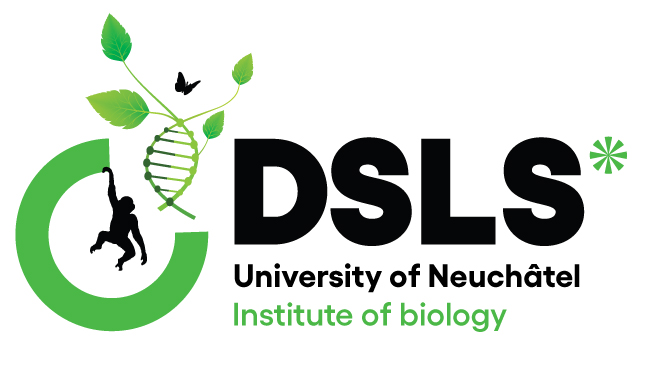
Welcome to the DSLS !
The Doctoral School in Life Sciences (DSLS) is the doctoral program of the Institute of Biology at UniNE. It supports PhD candidates in their research and training. Our mission is to promote scientific excellence and integrity. We help candidates develop skills and ensure timely thesis progress.
- We offer workshops, courses, and activities to build scientific and transferable skills.
- PhD candidates must appoint a Thesis Advisory Committee (TAC). They attend annual meetings and submit progress reports.
- The academic coordinator provides guidance and support throughout the PhD journey.
- Candidates must earn 12 credits through courses and workshops. They also present a poster at the Annual PhD Meeting in their first year.
- Candidates must earn 12 credits through courses and workshops. They also present a poster at the Annual PhD Meeting in their first year.
- The DSLS issues a certificate of completion, after a successful defense and fulfilling requirements. The University of Neuchâtel awards the PhD degree.
